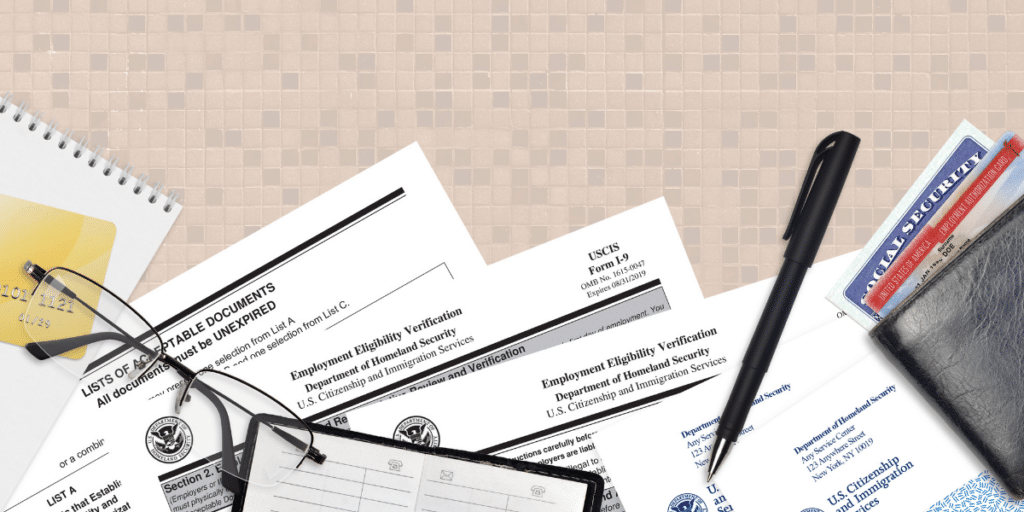Arbitration is a dispute-resolution process in which the disputing parties choose one or more neutral third parties to make a final and binding decision resolving the dispute. Both parties present evidence and arguments supporting their positions and then once both sides are heard, the arbitrator delivers a decision.
During this difficult, stressful, and uncertain time of COVID-19, the Courts have continued thousands of cases (with limited exceptions). While Courts are beginning to resume some proceedings, they will not resume normal functions for at least several months, possibly well into Fall 2020. This means there will be significant delays in family law cases. With this in mind, lawyers and parties should explore alternative ways to address family law issues that are fair, efficient, and safe. Arbitration is one of those ways.
Chief Justice Cheri Beasley of the North Carolina Supreme Court appointed a Task Force to recommend how and when Courts should ramp up operations during this pandemic. Following the Family Lawyers’ meeting on May 5, 2020, they recommended mandated arbitration, as “[t]here are trained arbitrators available to assist the courts in dealing with the backlog of trials.” They went on to say, “[t]he reference power of the court, pursuant to Rule 53 of the NCRCP, already provides some authority for the court to appoint a referee (arbitrator) absent agreement of the parties” and “the court may retain the authority to look behind the referee if that is warranted under certain circumstances.”
The North Carolina Family Law Arbitration Act allows, by agreement of the parties, the arbitration of all issues arising from a marital separation or divorce, except for the divorce itself. The Act preserves a right of modification based on substantial change of circumstances related to alimony, child custody, and child support. Arbitration is an efficient and speedy means of resolving family law disputes consistent with the family law statutes.
Arbitrators can assist with complex matters that require lengthy trials, such as alimony, equitable distribution, and complicated support issues. Alternatively, arbitration is a way to resolve narrow issues such as “where a child will attend school” or “who gets the possession of the former marital residence” or “the value of a business.” Since arbitration may be conducted remotely, it allows parties to address family law issues safely and timely.
As Courts continue to operate with reduced capacity, in-person hearings for family court matters in Mecklenburg County and surrounding counties will be limited. As often as possible, the hearings will be by verified pleadings and Affidavits, or held virtually (e.g., via Web Ex). Further, cases that were on dockets from March 16, 2020 to June 1, 2020 (nearly 7 weeks of hearings/trials) need to be rescheduled.
At this time, it is unknown the delay that families face in having their matters heard by the Court. As we deal with the uncertainty and disruption in family court, lawyers and parties need to find alternative ways to address family law issues, and arbitration is an option.
- Todd Owens presided as a Family Court Judge, and has extensive experience arbitrating domestic matters. Allison Holstein is a Family Law Specialist and has arbitrated domestic matters. Richard D. Stephens is a Family Law Specialist and has handled a wide variety of arbitrations both as an attorney and arbitrator.
This information is provided for informational purposes only; it is not offered as and does not constitute legal advice.

CATEGORIES
Contact an Attorney
Our attorney offer specialized guidance and representation in a variety of practice areas.

REMEMBER: Always speak with your own attorney
This information is provided for informational purposes only; it is not offered as and does not constitute legal advice.
More Insights and Resources
Learn more about what to expect when facing a family law dispute in Charlotte, North Carolina from Family Law attorneys at Dozier Miller Law Group
What NC House Bill 269 Could Mean for Non-Compete Agreements in North Carolina
Non-compete agreements have long been a controversial tool in the corporate world—sometimes protecting legitimate business interests, and…
Protect What Matters Most: Estate Planning for Every Stage of Life
Thinking about the future doesn’t always come naturally. Many of us get caught up in the day-to-day,…
Will a Separation Protect Me Financially?
Separation is never easy, especially when financial questions start piling up. Can you protect your savings? Will…
Practical Custody Arrangements for Families
Trying to figure out custody arrangements? You’ve probably come across terms like joint custody, primary custody, and…
Future-Proof Your Business Against Form I-9 Changes
Running a business is no small feat. Between managing your team, keeping customers happy, and planning for…
When Do You Need an Attorney for a Breach of Contract Case?
Contracts are the backbone of any good business relationship. They bring clarity, set expectations, and hold everyone…
Navigating Immigration Changes and Their Impact on Employment Law
No matter the size of your business, immigration law affects your ability to hire and retain the…
LGBTQ Families and Stepparent Adoption: What You Need to Know in North Carolina
As a family law attorney in North Carolina, I’ve seen many parents assume that their legal status…
What to Do When You Get a Bad Google Review
If you’re a Charlotte business owner, you know just how important your online reputation is. Around 98%…
Managing Your Immigration Status in 2025
The 2024 election brought significant shifts to U.S. immigration policy, many of which have already begun reshaping…










